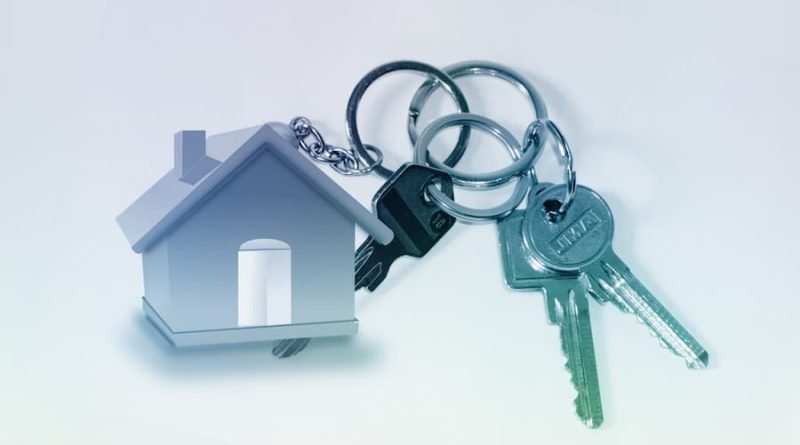Effective Ways to Minimize Risks When Investing in Your First Rental Property
A single rental property in an in-demand area stands to net you a sizable amount of passive income every month. However, as any seasoned landlord can attest, not all rental property investments represent equally profitable ventures. And given how much capital is at stake, it’s only natural that first-time investors would want to take every conceivable precaution. Anyone preparing to invest in their first rental property can effectively minimize risks by taking the following measures.
Never Purchase a Property You Haven’t Seen
In an effort to snatch up a desirable property before other investors, some people are willing to purchase properties sight unseen. Although the desire to strike while the fire is hot is understandable, this kind of impulsiveness can have an adverse impact on your finances. Even if you’ve seen images of a property, not doing a walkthrough – or at the very least, an in-depth virtual tour – is practically setting yourself for trouble down the line.
Furthermore, avoid allowing unscrupulous sellers to take advantage of you by insisting that a property should be purchased sight unseen. Any seller that attempts to make this a prerequisite for selling a property is essentially giving away the game. Even if the seller insists that there’s massive interest from other prospective buyers, refuse to take the bait and walk away. So, the next time you find yourself wondering, “Is real estate a low risk investment?,” just remember that common-sense measures like this one can make the risk considerably lower.
Have the Property Inspected
In addition to seeing the property for yourself, you should arrange to have it looked over by a certified home inspector. No matter how well-maintained a property appears to be, problems that are only noticeable to seasoned pros may be lurking beneath the surface. Discovering pressing problems with a property’s plumbing, electricity or structural integrity after the sale has been made is the absolute last thing you want. So, before getting started on any paperwork, enlist the aid of a dependable home inspector.
Calculate Management and Upkeep Costs Before Committing to Buy
Depending on the size of the property, managing and maintaining it may cost a pretty penny. For example, an apartment building or condo complex will need full-time maintenance personnel, groundskeepers and possibly even a property manager. Even if a property seems perfectly affordable at the outset, the management and upkeep costs may ultimately prevent you from generating the desired profit. So, before committing to purchase a property, weigh the collective cost of employee salaries, maintenance supplies and other management-related expenses against how much income you expect the property to generate on a monthly basis. Additionally, since homeowners insurance isn’t an option for rental properties, take care to look into landlord insurance options.
Always Vet Potential Tenants
When you take someone on as a renter, you’re assuming some level of risk. After all, there are often significant differences between the way people present themselves and who they actually are. The fact that a rental applicant is able to say all the right things at the outset shouldn’t be taken as ironclad proof that they represent a worthwhile risk. So, when it comes to tenants – and the rent they bring – no chances should be taken.
Since any rental property needs good tenants in order to remain operational, it’s in your best interest to be as thorough as possible during the application phase. With each applicant’s permission, run credit and background checks, confirm the existence of consistent income and get in touch with any references they provide. Even with proper screening, it’s still possible to get stuck with problematic tenants. Fortunately, the odds of this happening are much lower than they’d be if you simply went with your gut.
It’s only natural that you’d want to see your first rental property generate the maximum ROI. After all, if you have little to no experience in rental property ownership, being a landlord is liable to seem like easy money. While there’s no denying that owning rental properties can be an effective way to generate passive income, not every rental property investment opportunity will serve as a boon to your finances. Fortunately, minimizing the risks involved with purchasing your first rental property is far from a difficult undertaking – provided, of course, you’re willing to put in the time and effort.
Read also: Simple Tips to Rent Your Property in a Hurry

